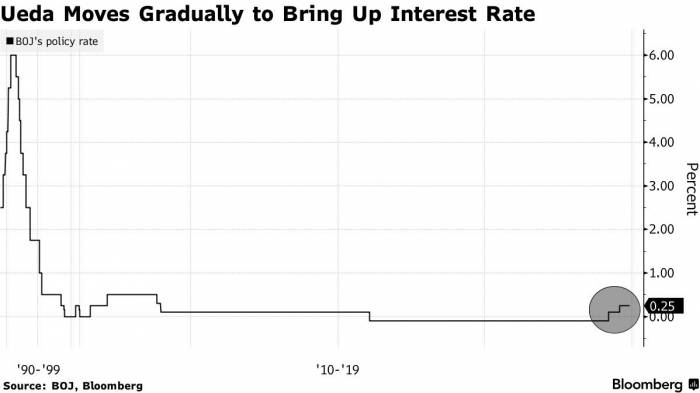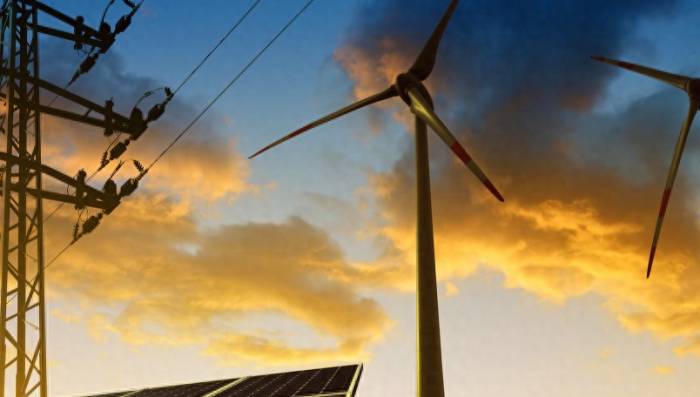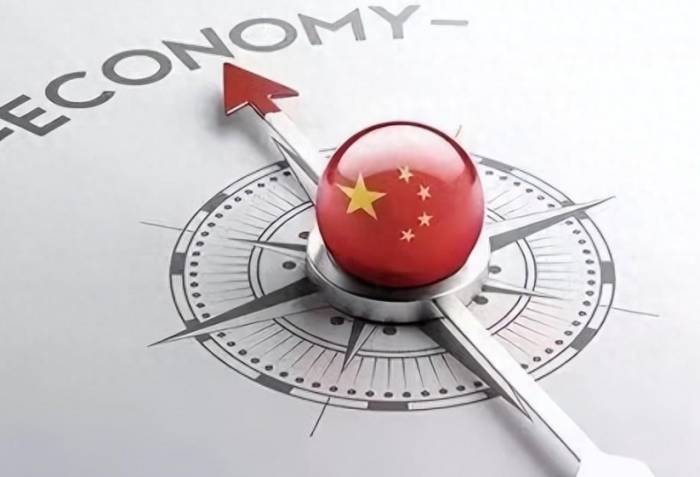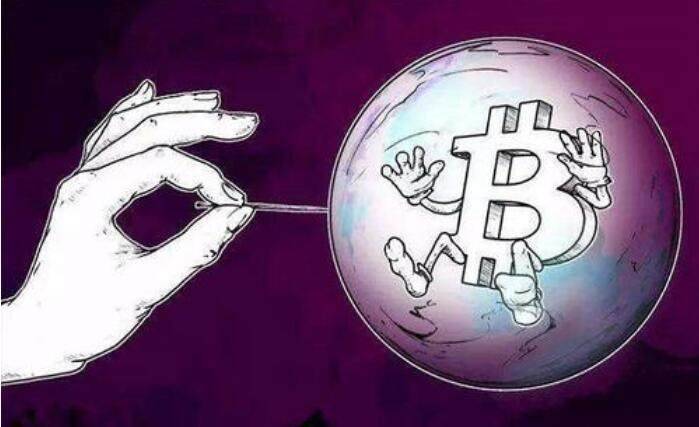As the world moves aggressively towards a sustainable future, cities like Suzhou in China are stepping up to harness the potential of new energy technologies. The city has set ambitious targets for its new energy sector, aiming for an output value that exceeds a staggering one trillion yuan by the year 2026. This initiative could position Suzhou to become a central player in the energy landscape, joining ranks with other crucial industries such as electronic information and advanced materials.
In recent years, Suzhou has dedicated itself to building a robust new energy system, which prioritizes solar energy, storage solutions, power batteries, wind energy, smart grids, hydrogen fuel, and the burgeoning sector of green low-carbon initiatives—including electric vehicles. In 2023, the output from Suzhou's new energy and electric vehicle industries surged past 750 billion yuan, with the number of large-scale enterprises reaching 430. Notably, Suzhou claimed the third position in the Hurun Report's rankings of cities in China with concentrated new energy industries.
Among the various players in this area, Canadian Solar Inc., known on the stock market as Arctech Solar, has emerged as a standout performer. Their remarkable achievements have established them as the leader in market capitalization among Suzhou's listed companies on the Science and Technology Innovation Board.
As of December 4, 2024, Arctech Solar boasts a market value of approximately 54 billion yuan, firmly holding the top spot among its peers. Its rapid growth trajectory is closely tied to the expansion of the global solar power industry. According to the International Energy Agency, the global installed capacity of solar photovoltaic (PV) systems experienced nearly a fifty-fold increase from 2000 to 2010. It was during this critical period that Arctech transitioned from an emerging enterprise to a formidable force in the market.
Founded in 2001, Arctech Solar made its U.S. stock market debut on Nasdaq in 2006. The company has strategically positioned itself across multiple segments, engaging both in manufacturing solar products and in the development of solar power plants.
A significant milestone for Arctech occurred in 2007 when the company capitalized on the burgeoning PV market in Spain by investing heavily in local power project developments, resulting in significant revenue growth. By 2015, after successfully acquiring Recurrent Energy, an American solar power plant developer, Arctech had ascended to become the world’s second-largest developer and operator of solar power projects, in addition to being a leading supplier of holistic solar solutions.
The company's public listing on the Science and Technology Innovation Board in June 2023 was a critical event in Arctech's journey. Currently, their core operations focus on the research, production, and sale of crystalline silicon PV modules and battery storage products.
Globally, Arctech enjoys an extensive market presence and significant brand influence, particularly in mature markets such as the United States, Europe, Japan, and Australia, while also making notable inroads in emerging markets in Latin America and Africa.
When interviewed, Arctech stated that their decision to return to the A-share market was driven by several strategic considerations. Changes in the capital market environment provided favorable financing opportunities, while the Chinese government's dual-carbon goals have elevated the strategic importance of the solar power sector. Furthermore, the vast potential of the Chinese market offers ample space for development, especially as the listing on the Science and Technology Innovation Board meets their financing needs, contributing to an increase in net assets and a reduction in liabilities—ultimately enhancing their debt repayment capability.
In their first year on the Science and Technology Innovation Board, Arctech reported a remarkable revenue of 51.31 billion yuan, marking a 7.94% year-on-year increase. Their net profit attributable to shareholders reached 2.90 billion yuan, showcasing a significant 34.61% rise, representing the company's best performance to date.
Since its listing, Arctech has experienced substantial improvements in various financial metrics. They reported a decrease in their debt-to-asset ratio while their financial structure has been optimized, enhancing their resilience to market fluctuations and increasing their brand influence and ability to gather social resources.
Continuing to thrive, Arctech has consistently ranked among the top producers of solar modules since 2011. By the third quarter of 2024, their module shipments had reached 22.9 gigawatts, placing them seventh in the global rankings.
However, the solar energy industry faces increasing pressures. In recent months, costs have surged, and fierce market competition has dwindled profit margins, leading to frequent price wars among suppliers. Data from Wind shows that the average price of polysilicon for photovoltaic applications fell sharply from a peak of 8.22 dollars per kilogram at the start of the year to just 4.45 dollars per kilogram, illustrating a staggering decline of nearly 46%.
Despite a general downturn in the industry, Arctech Solar has managed to remain profitable, thanks largely to the strong performance of their energy storage segment. In the first nine months of 2024, the company reported revenues of 34.18 billion yuan and a net profit of 1.96 billion yuan, positioning them among the few solar companies maintaining profitability this year.
Arctech views its storage segment as a critical second growth avenue, believing that its expansion could create new revenue streams while synergizing with its existing solar operations. Given the rising global demand for renewable energy and energy storage solutions, the market for storage technologies is projected to continue expanding.
Back in 2019, Arctech undertook a strategic realignment, honing in on the solar module sector while actively broadening its storage business. As they enter 2024, this aspect of their business has entered a phase of exceptional growth. In an investor briefing held in November, Arctech reported shipping 4.4 GWh of large-scale storage products between January and September 2024, with third-quarter shipments hitting 1.8 GWh and annual expectations set between 6.5 and 7.0 GWh.
With extensive technological expertise and project experience in the storage realm, such as the expansion of the SolBank large-scale storage product line, Arctech anticipates its manufacturing capacity will grow to 20 GWh by the end of 2024. Confidence in this segment is underscored by a project reserve of 66 GWh.
Arctech is optimistic that the trajectory of the storage industry will mirror the solar sector, progressing through stages of technological explorations, gradual cost reductions, market expansions, and mature regulatory support. Yet, similar to solar energy, the storage industry faces cyclical challenges—market fluctuations, rapid technological advancements, and policy shifts pose ongoing hurdles.
Reflecting on how to escape the cyclical constraints typically associated with the photovoltaic sector, Arctech emphasizes continuous technological innovation as the cornerstone of lowering costs and boosting efficiency. Moreover, robust government policy support will prove crucial. Encouraging commercial applications of storage technology through favorable policies and subsidies will promote broader acceptance in the market.
Additionally, diversification of application scenarios will reduce reliance on singular markets, with resource integration, international collaboration, and expansion paving the way for an overall uplift in the energy storage industry's competitiveness and risk resilience.
Fostering a sustainable and robust business model for its storage division is at the forefront of Arctech’s long-term strategy as they proactively adapt to the inevitable challenges of their industry.
As they continue to innovate and expand their footprint globally, both the solar and storage sectors play vital roles in pushing the frontiers of clean energy usage, serving not only Suzhou but also the broader global community in transitioning toward greener, sustainable livelihoods. With pioneers like Arctech leading the charge, the journey toward a sustainable future appears increasingly promising.






























Comments